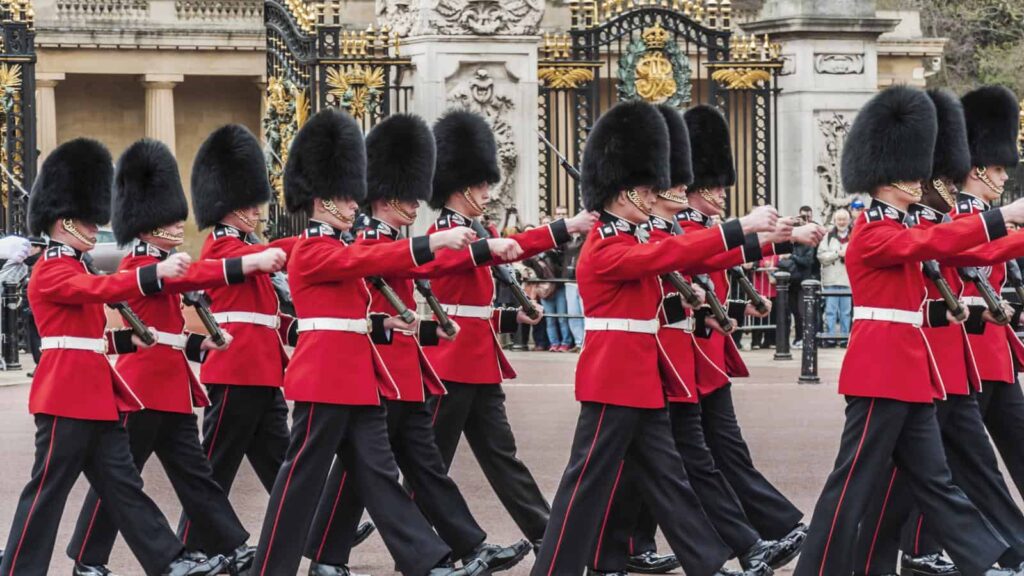The British are known for their unique customs and traditions, many of which are admired around the world. However, some of these practices can leave outsiders scratching their heads. Whether it’s quirky ceremonies or odd social norms, here are 21 British traditions that make absolutely no sense.
Wearing Hats in the Royal Enclosure
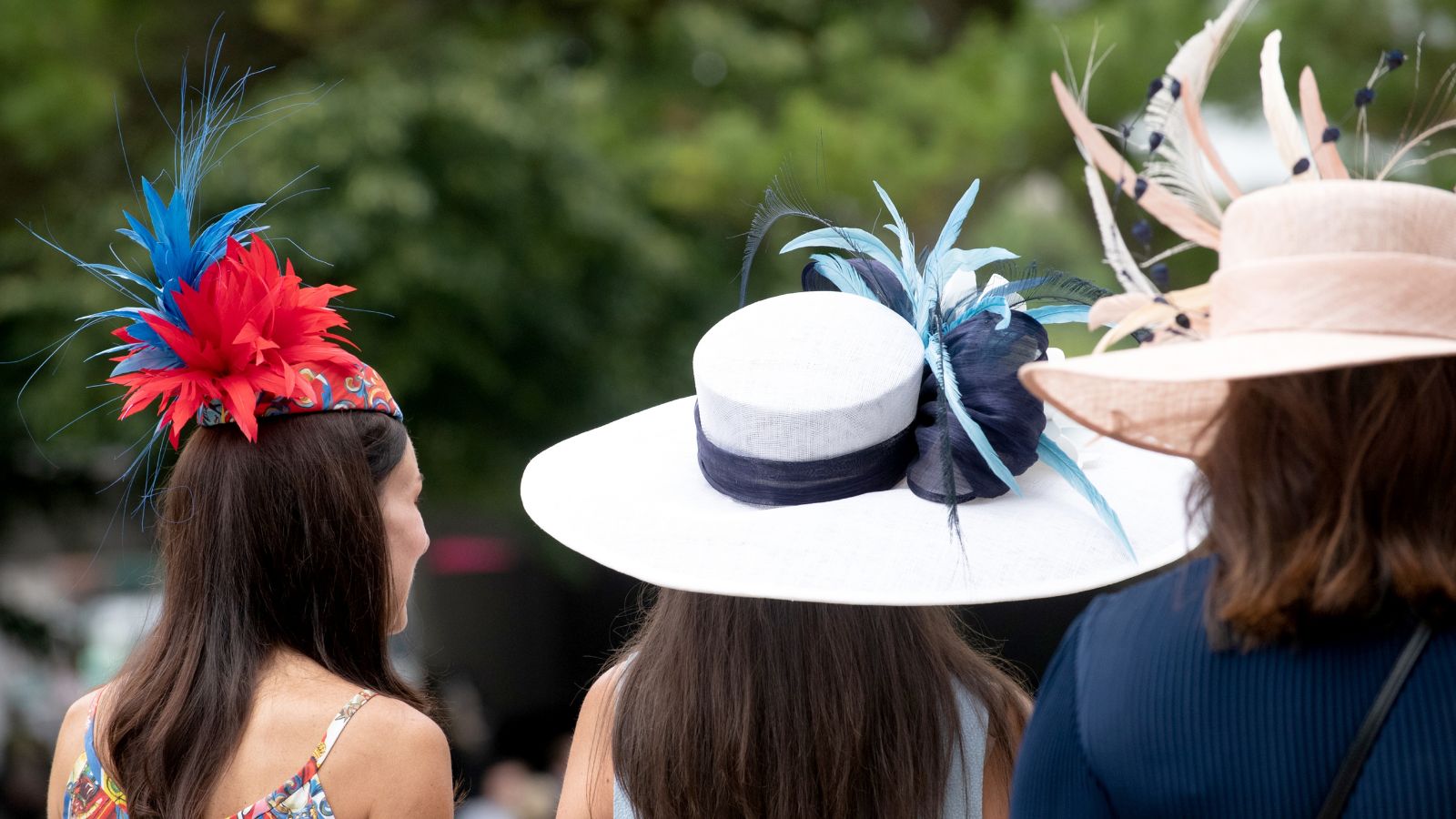
Attending a horse race in the UK is not just about watching the horses; it’s also a fashion event, especially in the Royal Enclosure at Ascot. “Because of the royal audience, people often dress to impress,” says the BBC. Here, the tradition dictates that ladies must wear hats, and not just any hats, but extravagant and often bizarre creations. This requirement seems quite outdated, especially considering the often unpredictable weather.
The Ceremony of the Keys
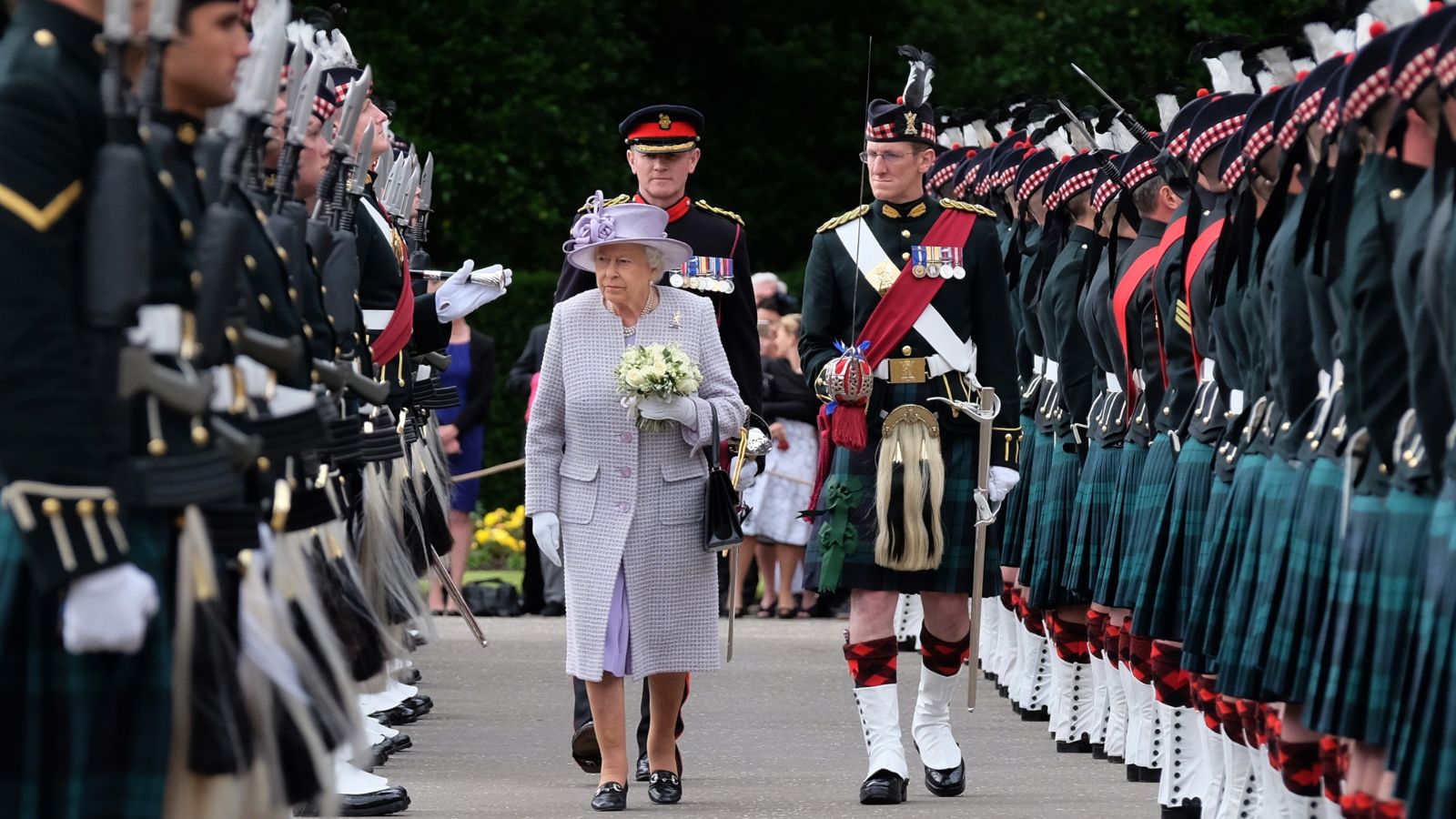
Every night at the Tower of London, the Ceremony of the Keys takes place. This ancient tradition involves locking up the Tower for the night, complete with a formal procession and a ritualistic dialogue between the Chief Yeoman Warder and a military guard. While it’s a fascinating glimpse into history, the need to continue this highly ceremonial procedure can seem rather over-the-top.
Bonfire Night
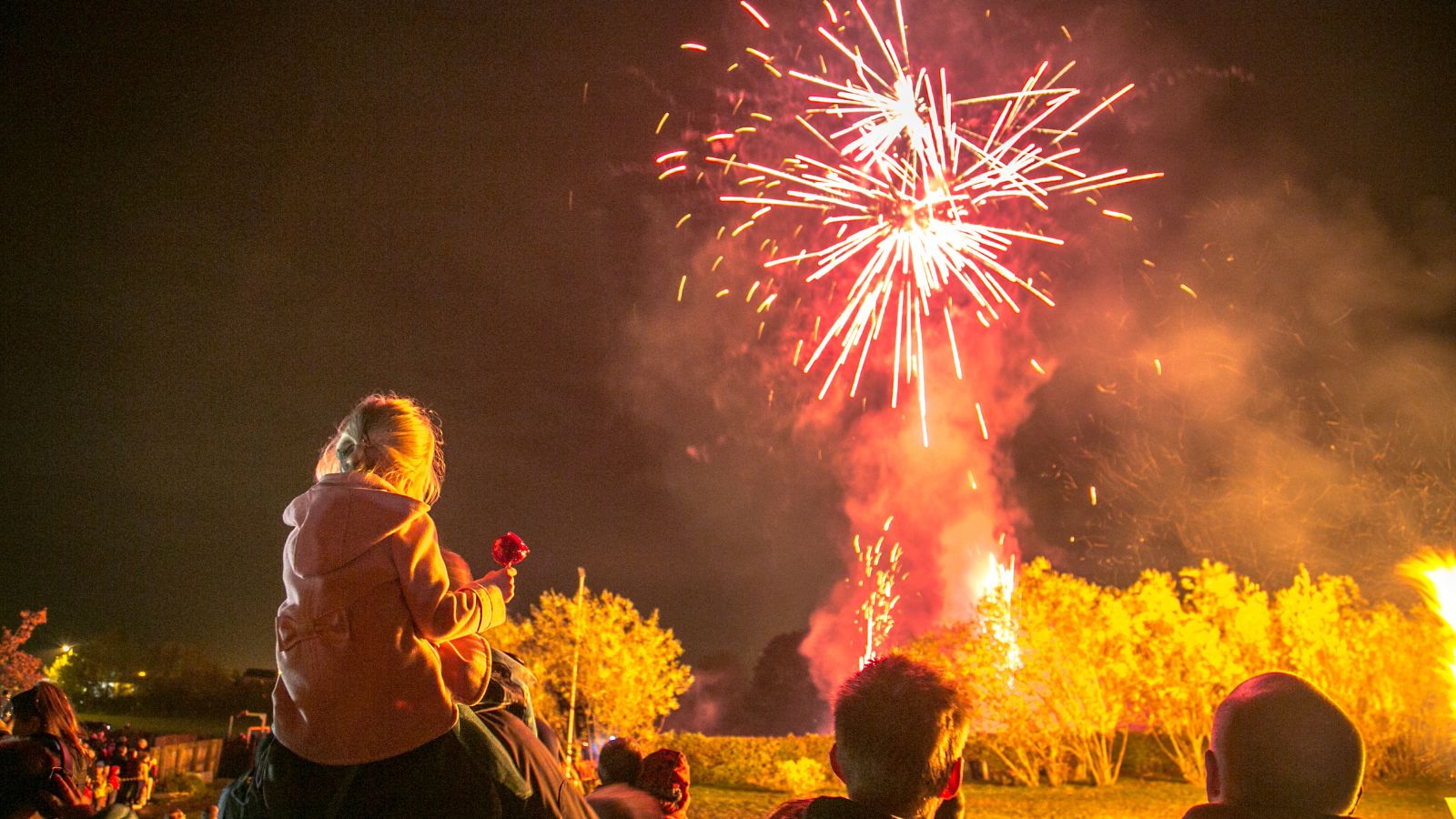
On November 5th, the British celebrate Bonfire Night with fireworks and bonfires to commemorate the foiling of the Gunpowder Plot in 1605. While the event has historical significance, the tradition of burning effigies of Guy Fawkes and setting off loud fireworks seems an extreme way to remember a failed 17th-century plot.
Morris Dancing
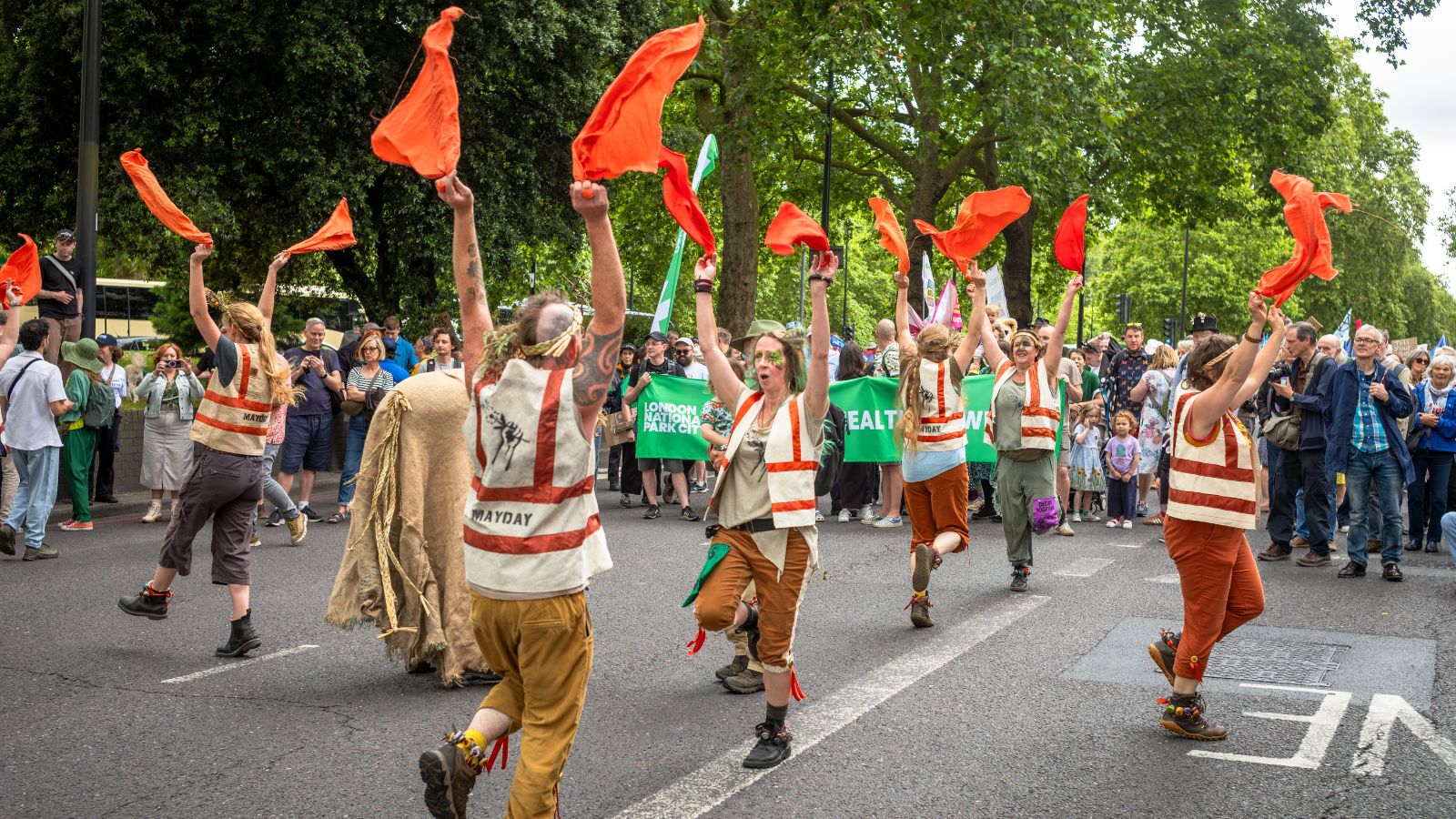
Morris dancing is an old English folk dance involving men (and sometimes women) dressed in white with bells strapped to their legs, waving handkerchiefs, and banging sticks together, and this peculiar dance is performed at various festivals and celebrations across the country. To the uninitiated, it looks like a chaotic and rather whimsical activity with no apparent purpose.
Cheese Rolling
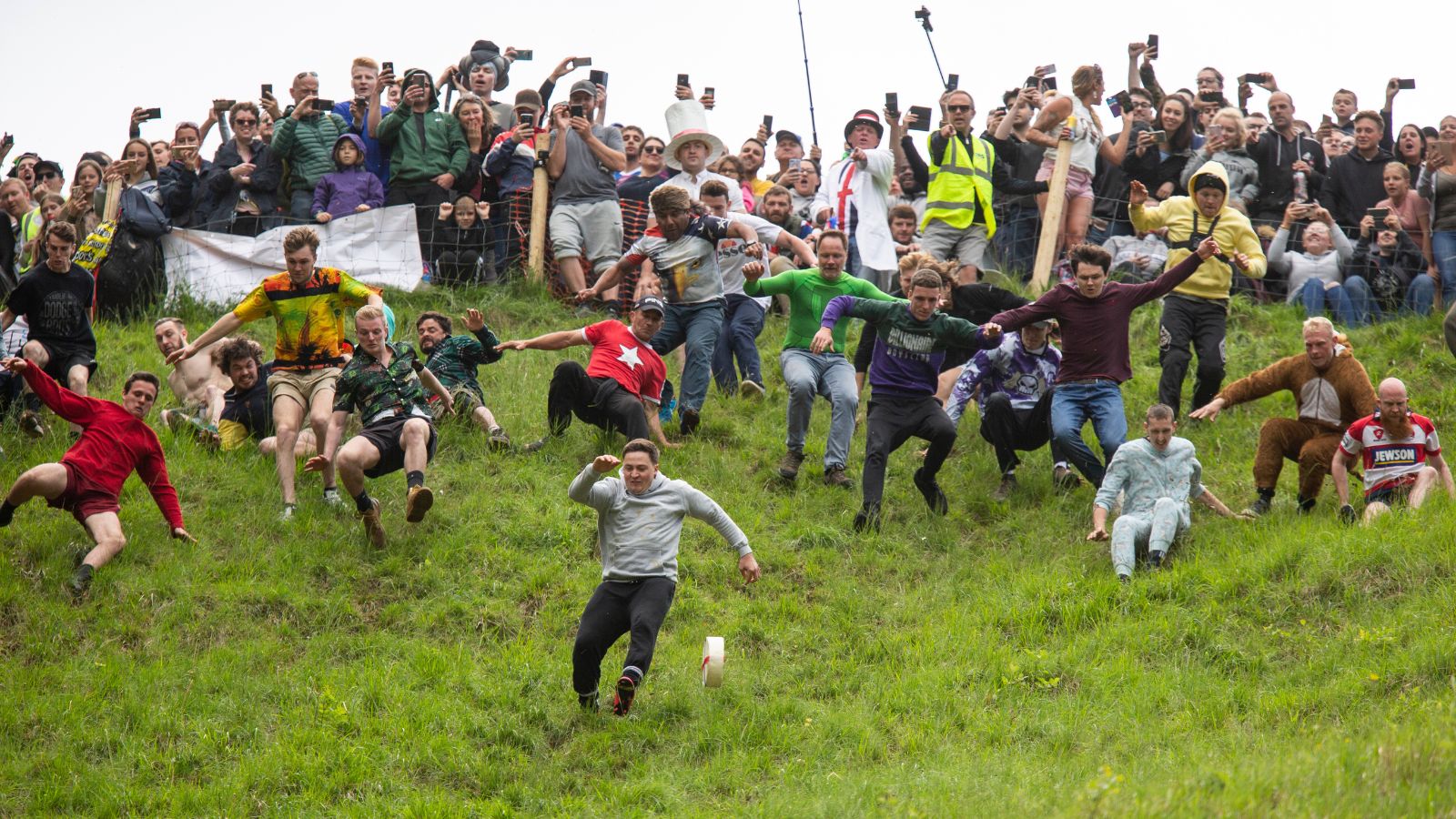
Every spring, people gather on Cooper’s Hill in Gloucestershire to watch or participate in the annual cheese-rolling event. A round of Double Gloucester cheese is sent rolling down a steep hill, and contestants chase after it. The first to cross the finish line at the bottom wins the cheese. This tradition is not only bizarre but also dangerous, with participants often sustaining injuries.
Black Pudding Throwing
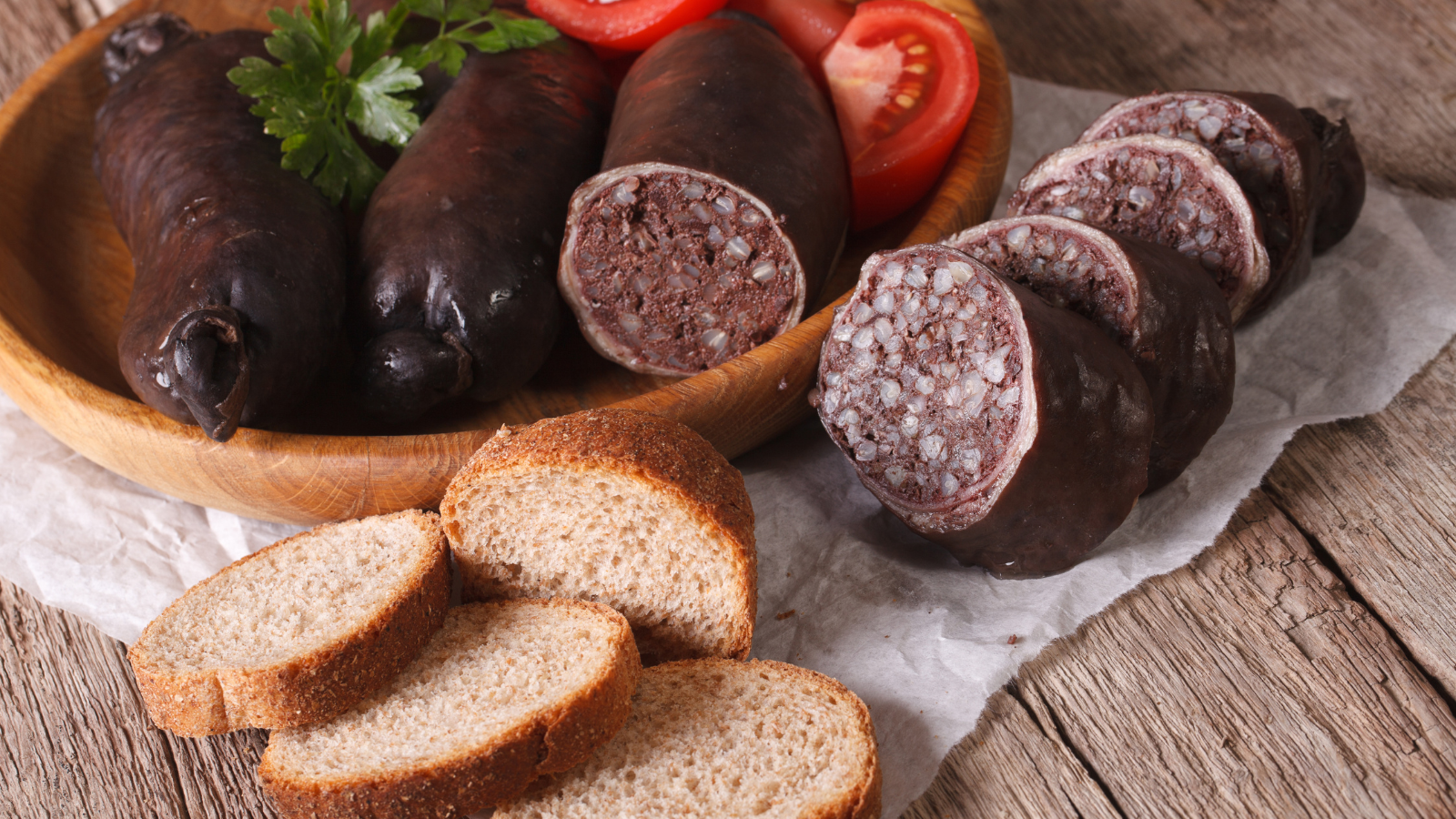
In the town of Ramsbottom, there’s an annual event where participants throw black puddings at a stack of Yorkshire puddings, attempting to knock them down. This competition stems from an old rivalry between Lancashire and Yorkshire, but to outsiders, the concept of hurling blood sausage is baffling.
Holding onto Imperial Measurements
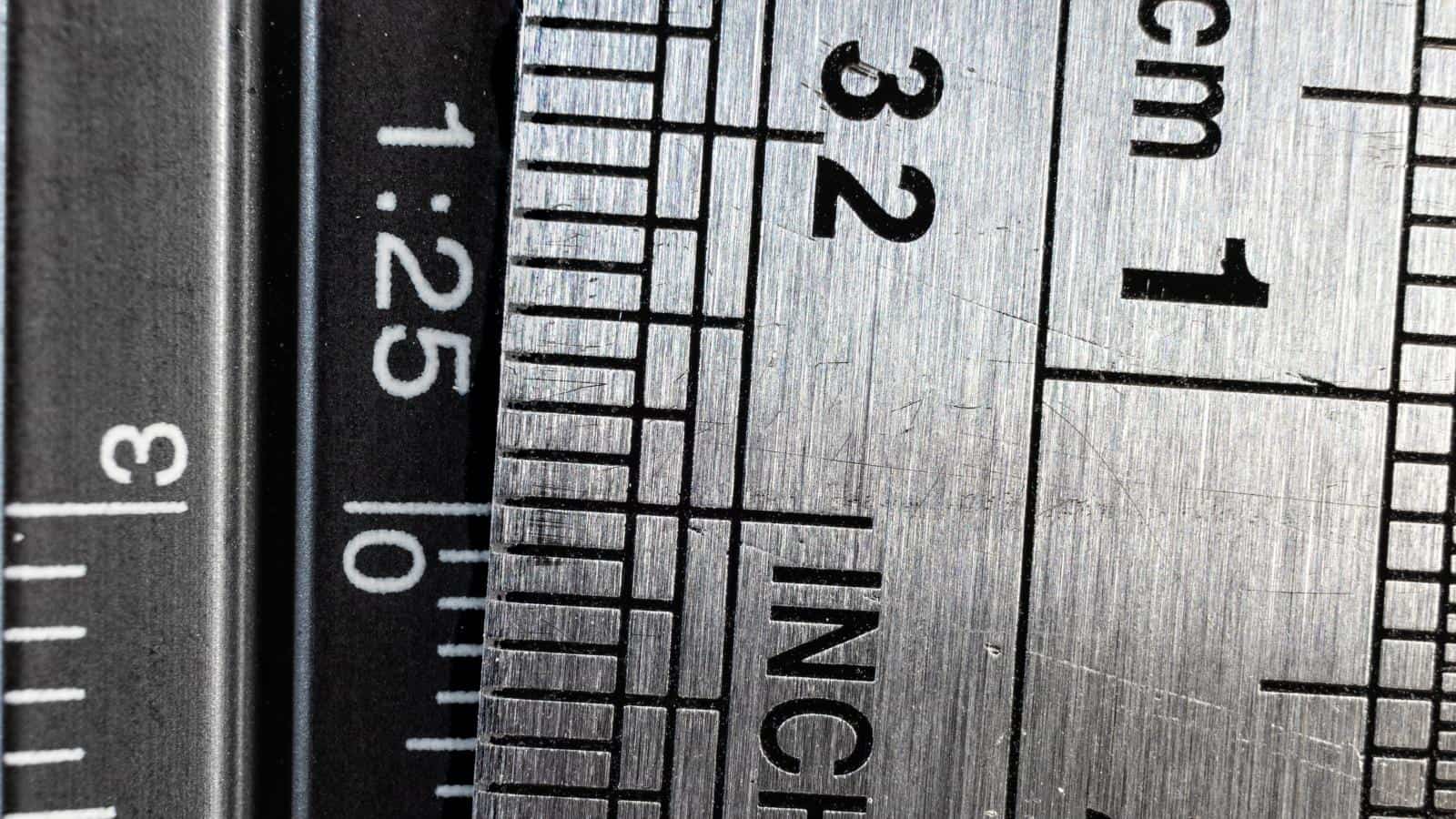
Despite adopting the metric system for most purposes, the British still cling to some imperial measurements. You’ll hear distances in miles, people’s heights in feet and inches, and beer served in pints. This mix of measurement systems can be confusing, especially for visitors from fully metric countries.
The Changing of the Guard
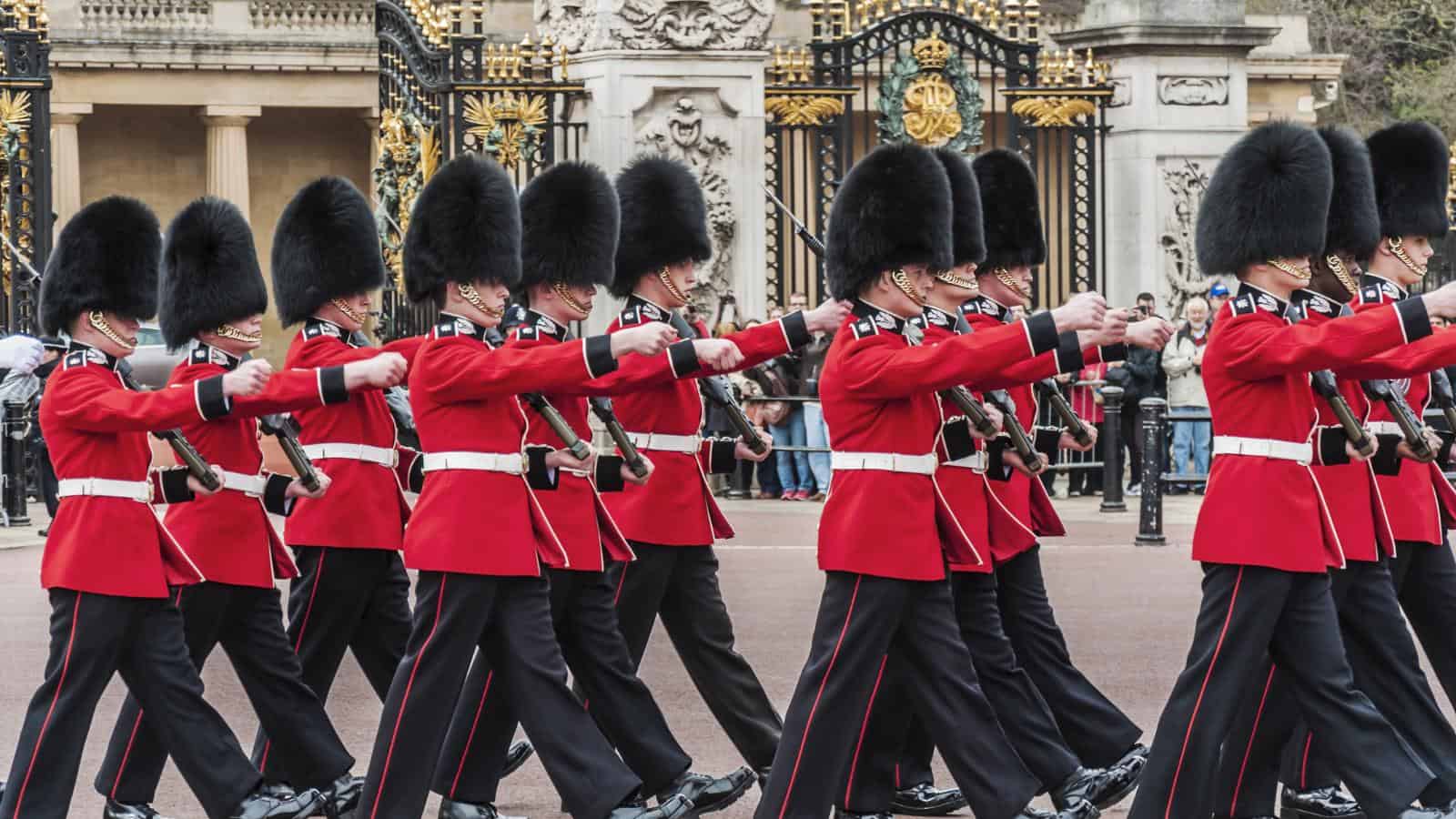
The Changing of the Guard at Buckingham Palace is a major tourist attraction, featuring soldiers in traditional red tunics and bearskin hats. This elaborate and time-consuming ceremony involves a great deal of pomp and pageantry. While it’s a sight to behold, the practical necessity of such a display in a modern military context is questionable.
Pantomime at Christmas
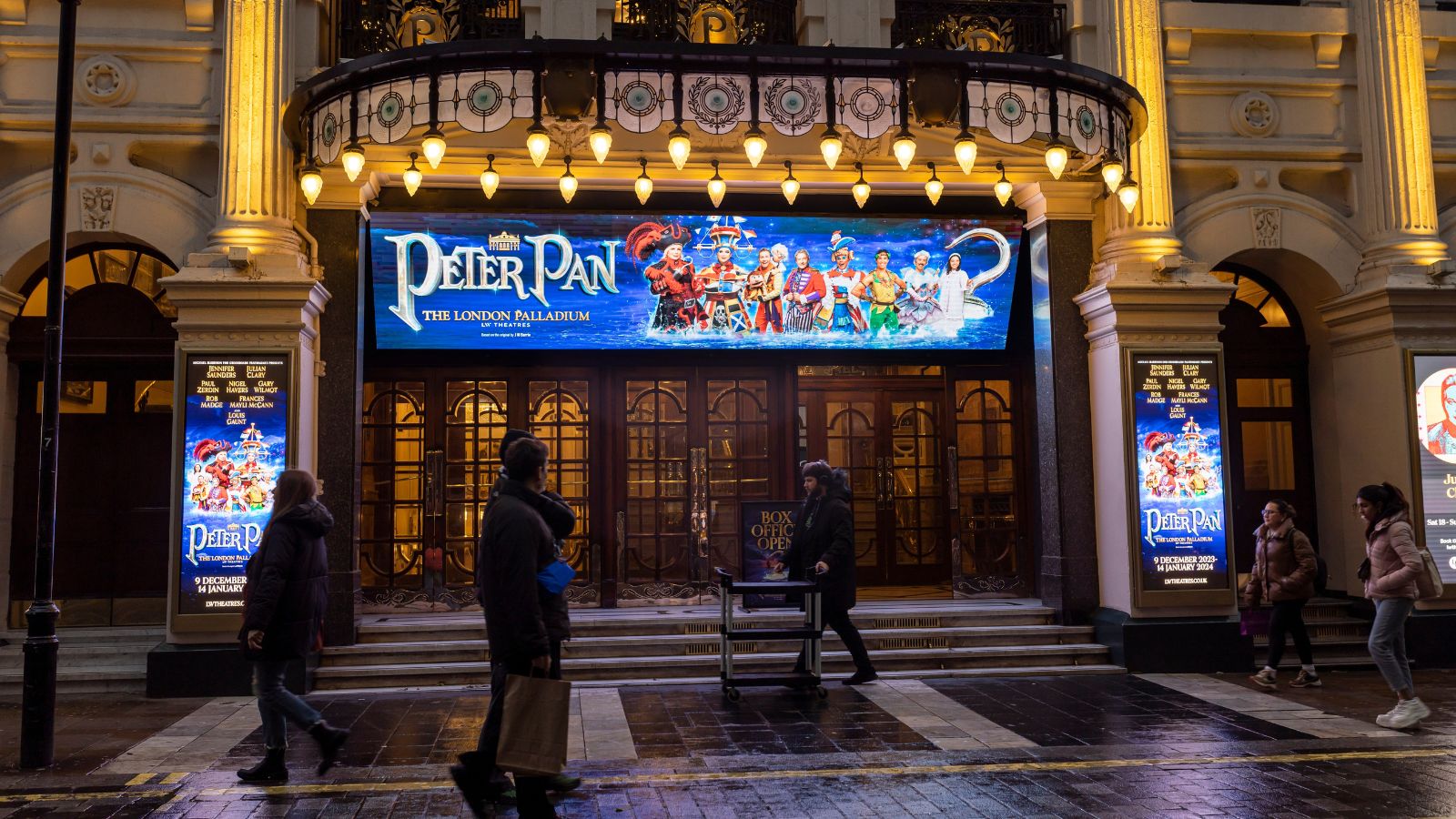
During Christmas, British theatres stage pantomimes—over-the-top musical comedy productions based on fairy tales—and these shows include cross-dressing actors, audience participation, and plenty of slapstick humour. To those unfamiliar with this tradition, the blend of adult humour and children’s stories can be quite perplexing.
Queuing

Britons are famously patient and orderly when it comes to queuing, treating it almost as a sacred practice. Whether waiting for a bus, at a supermarket checkout, or for the restroom, forming a neat line is the norm. While it promotes fairness, the rigid adherence to queuing can seem excessive.
Knighthood and Damehood
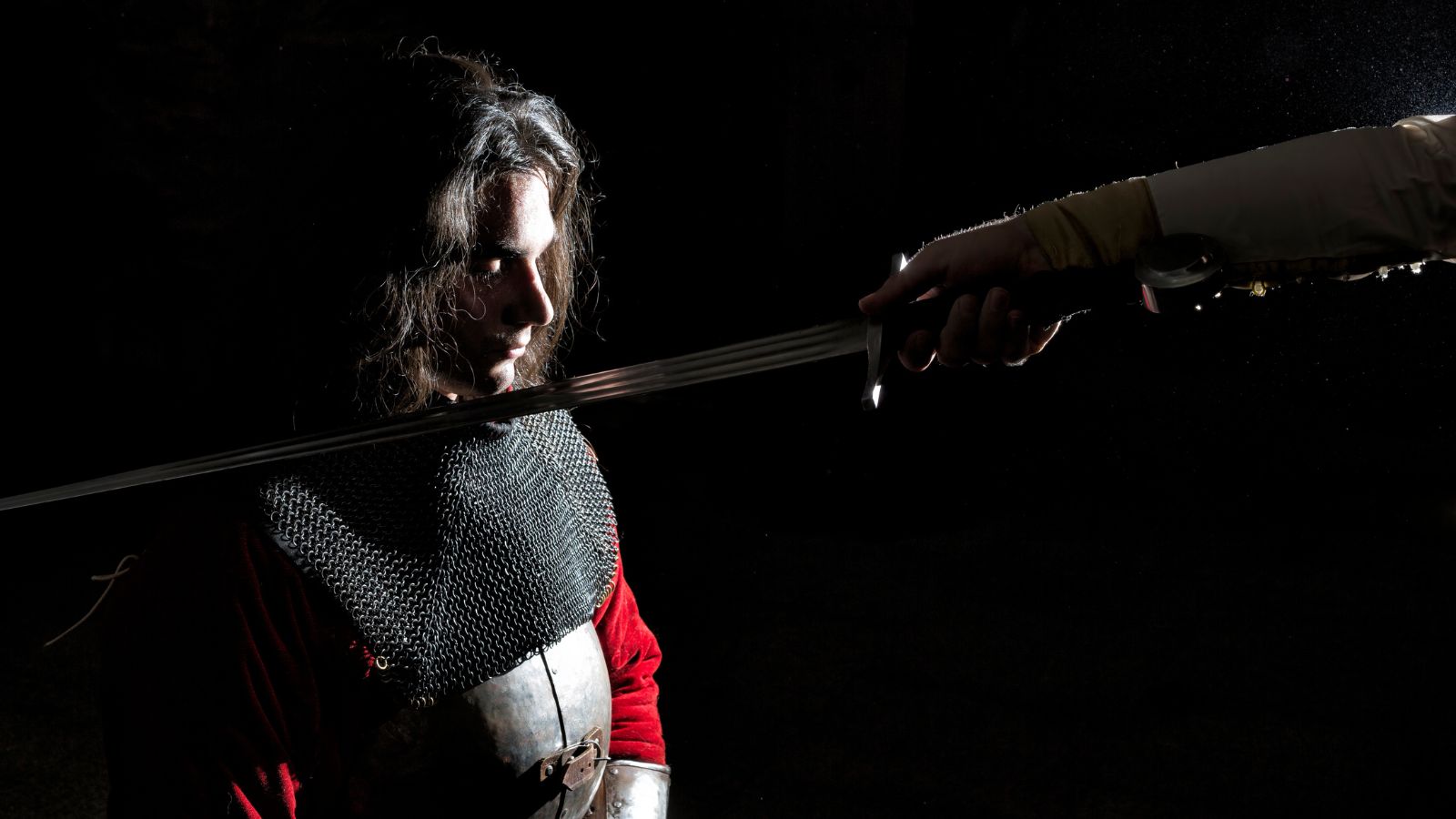
Every year, individuals are honoured with titles of Knighthood and Damehood for their contributions to society. While this tradition celebrates achievements and public service, the idea of bestowing medieval titles in the 21st century seems strange. The pomp and ceremony surrounding these awards can seem out of step with modern values.
The Last Night of the Proms
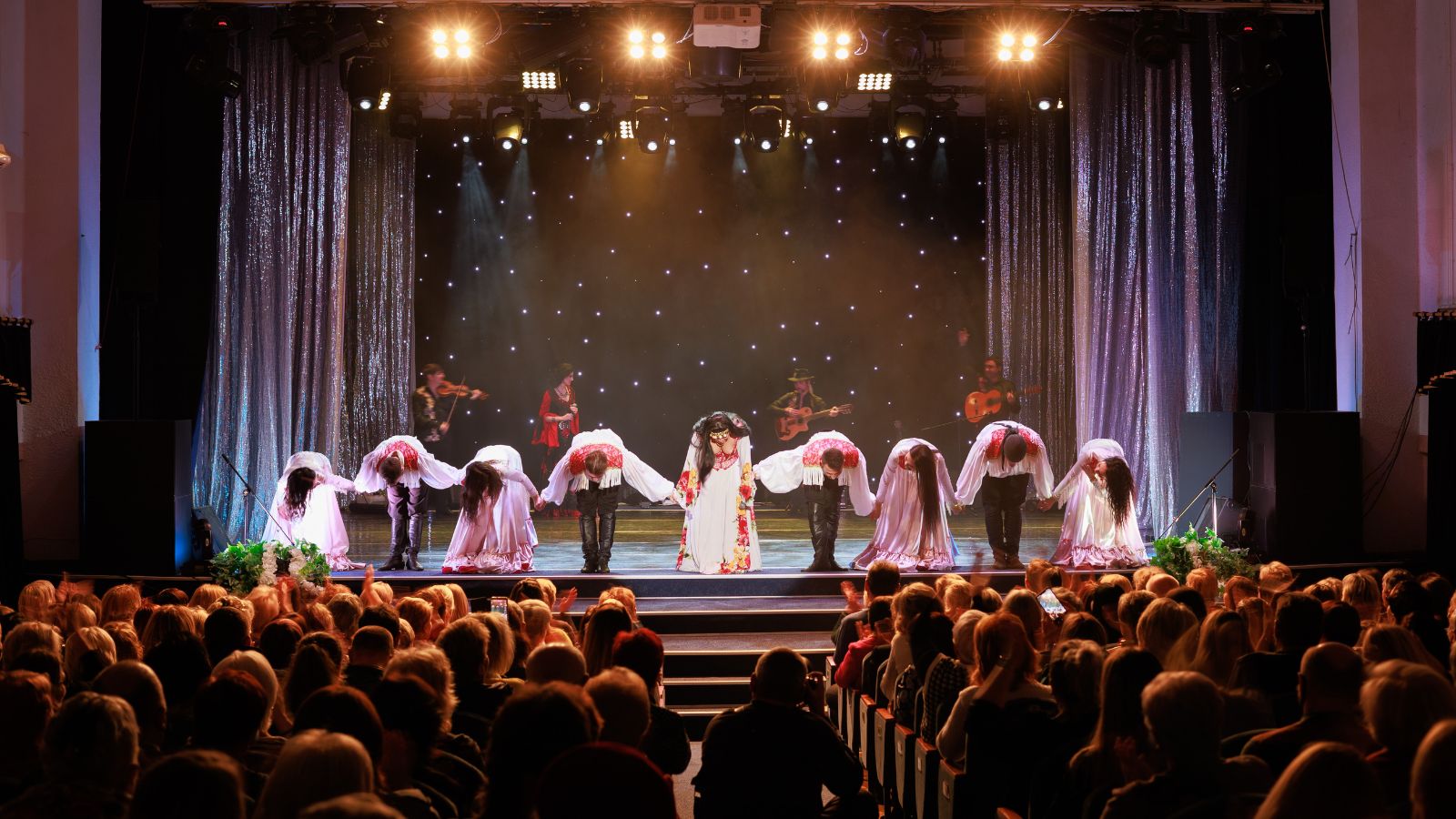
A grand musical event that marks the end of the summer concert series in the UK, the Last Night of the Proms features a mix of classical music, patriotic anthems, and a lot of flag-waving. To those outside Britain, the fervent nationalism can seem overblown.
Drinking Tea in a Crisis

Those from the United Kingdom are known for their love of tea, and it’s often said that they will turn to a cup of tea in times of crisis. It can be true that there’s something comforting about the ritual of making and drinking tea, but the idea that a hot beverage can solve serious problems seems overly simplistic.
Cricket Matches Lasting Days
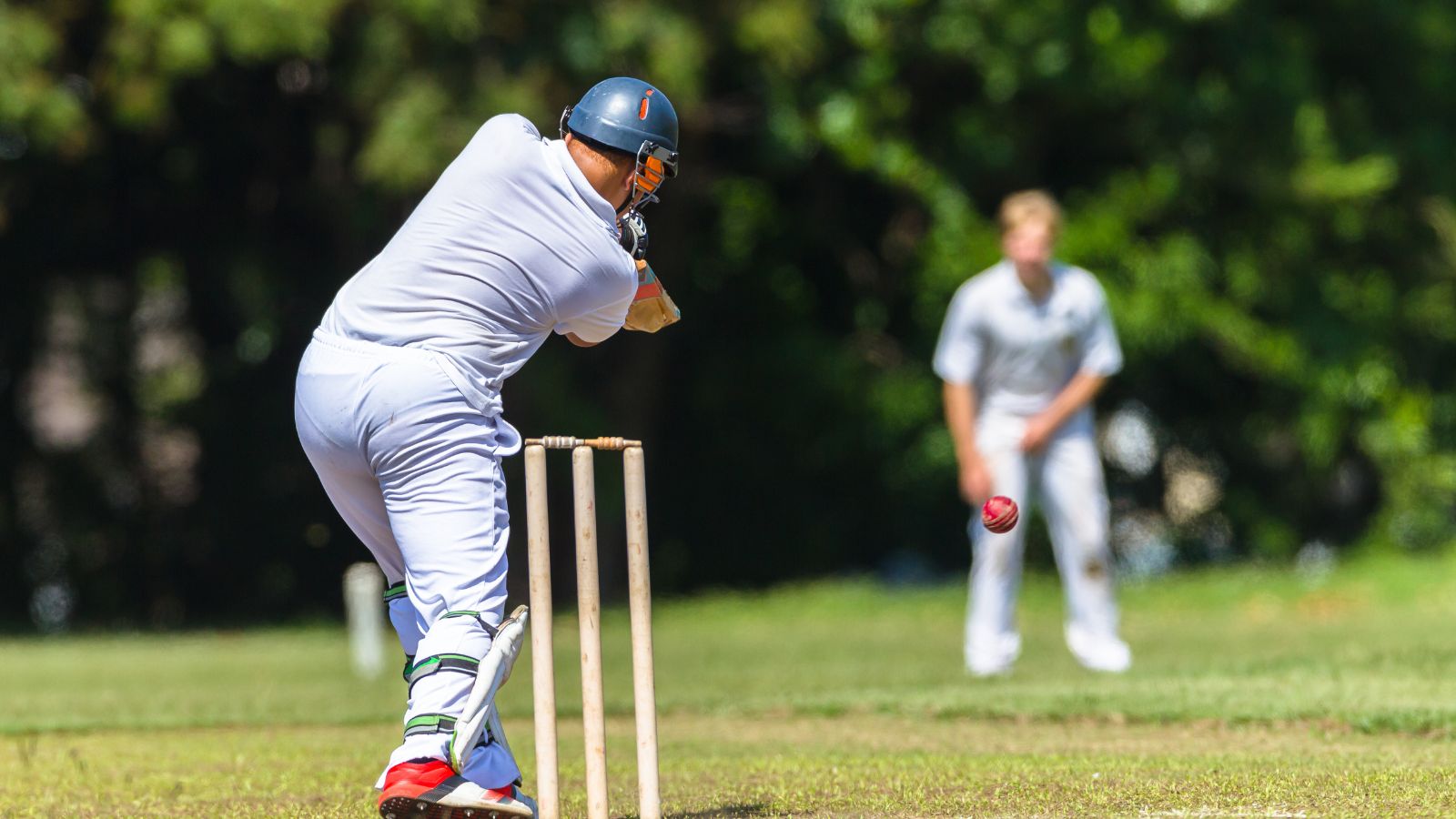
Cricket is a beloved sport, but to outsiders, the fact that some matches can last up to five days is hard to fathom. The slow pace, the complex rules, and the possibility of the game ending in a draw can be mystifying.
Shrove Tuesday Pancake Races
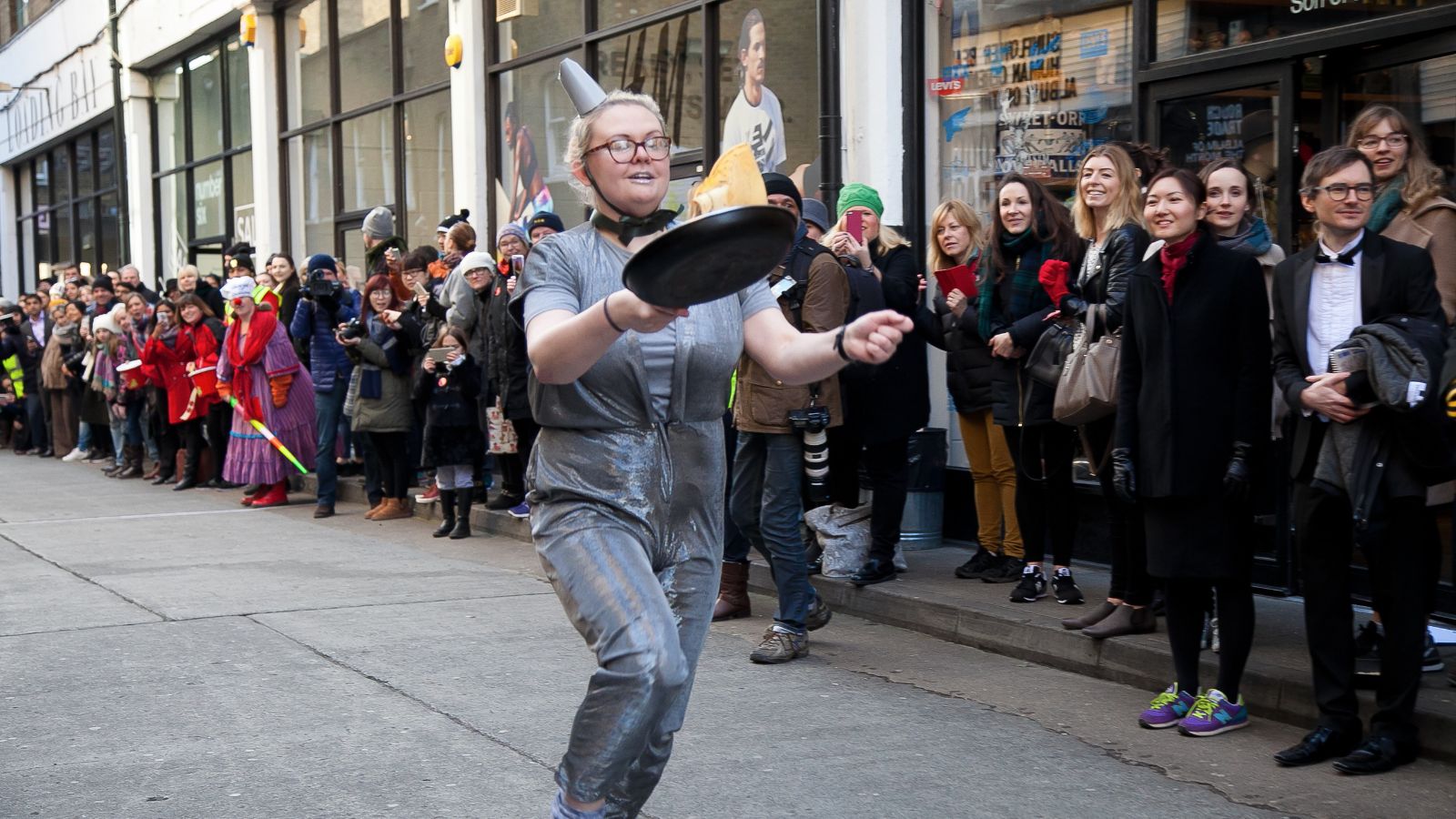
On Shrove Tuesday, communities across the country hold pancake races, where participants run while flipping pancakes in a frying pan, and this quirky tradition, meant to mark the beginning of Lent, seems like an odd way to prepare for a period of fasting. Yet, it remains a popular spectacle each year.
Sunday Roasts
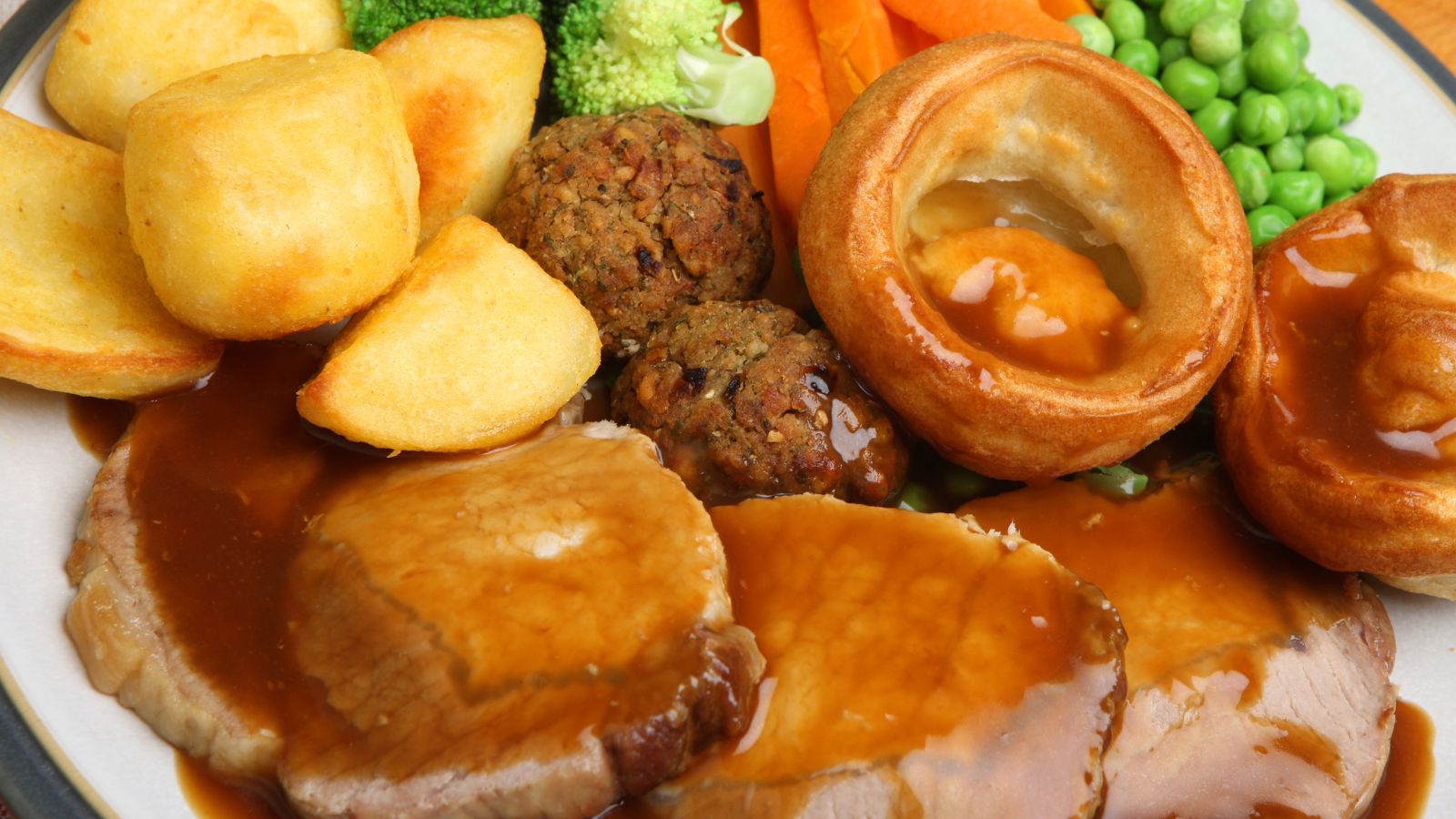
The Sunday roast is a staple of British cuisine, traditionally featuring roast meat, potatoes, vegetables, and Yorkshire pudding. While it’s a hearty meal, the insistence on having this specific dish every Sunday can seem a bit rigid. The ritual of the Sunday roast is cherished by many, though it may appear overly traditional to others.
Celebrating Saint George’s Day
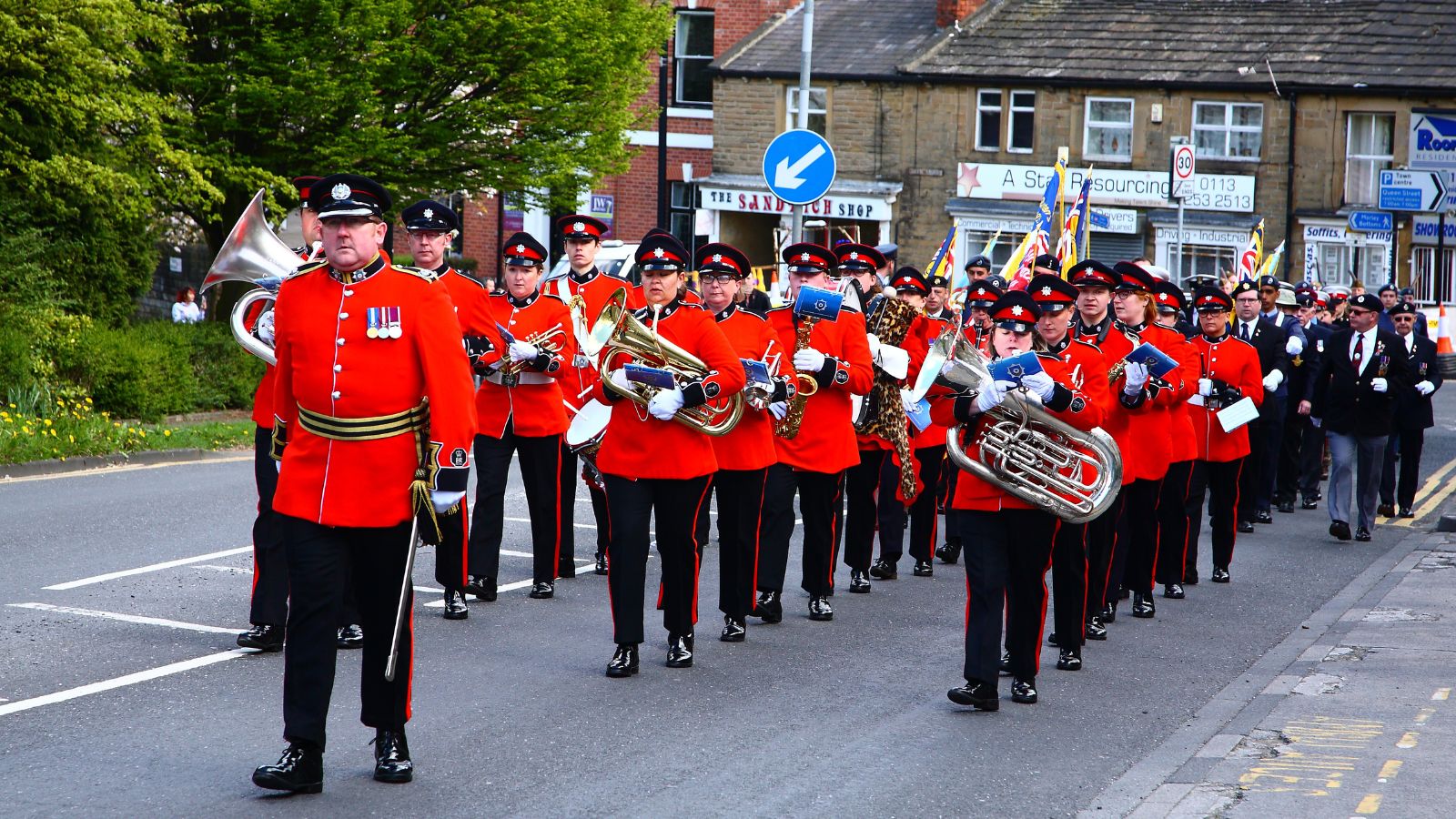
Saint George’s Day, celebrated on April 23rd, honours England’s patron saint; unlike other national days, Saint George’s Day isn’t widely observed with public holidays or major festivities. The low-key nature of the celebration, despite the significance of the figure it honours, can be confusing.
Welly Wanging
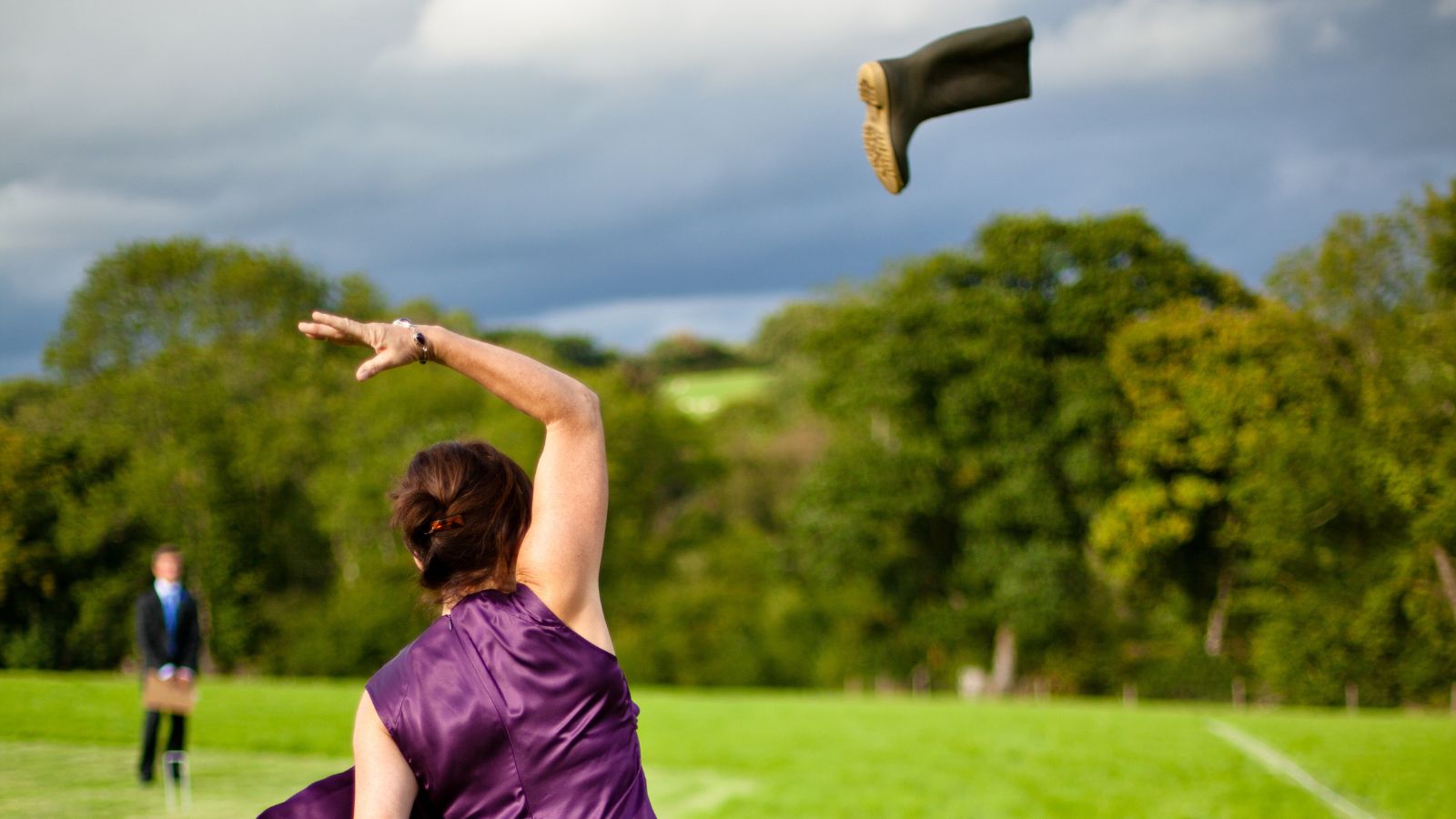
Welly wanging, or welly throwing, is a peculiar sport where participants throw a Wellington boot as far as possible. Originating in rural areas, this activity is now part of various festivals and community events, and the randomness of throwing a rubber boot for distance make this tradition particularly nonsensical to outsiders.
The Boat Race
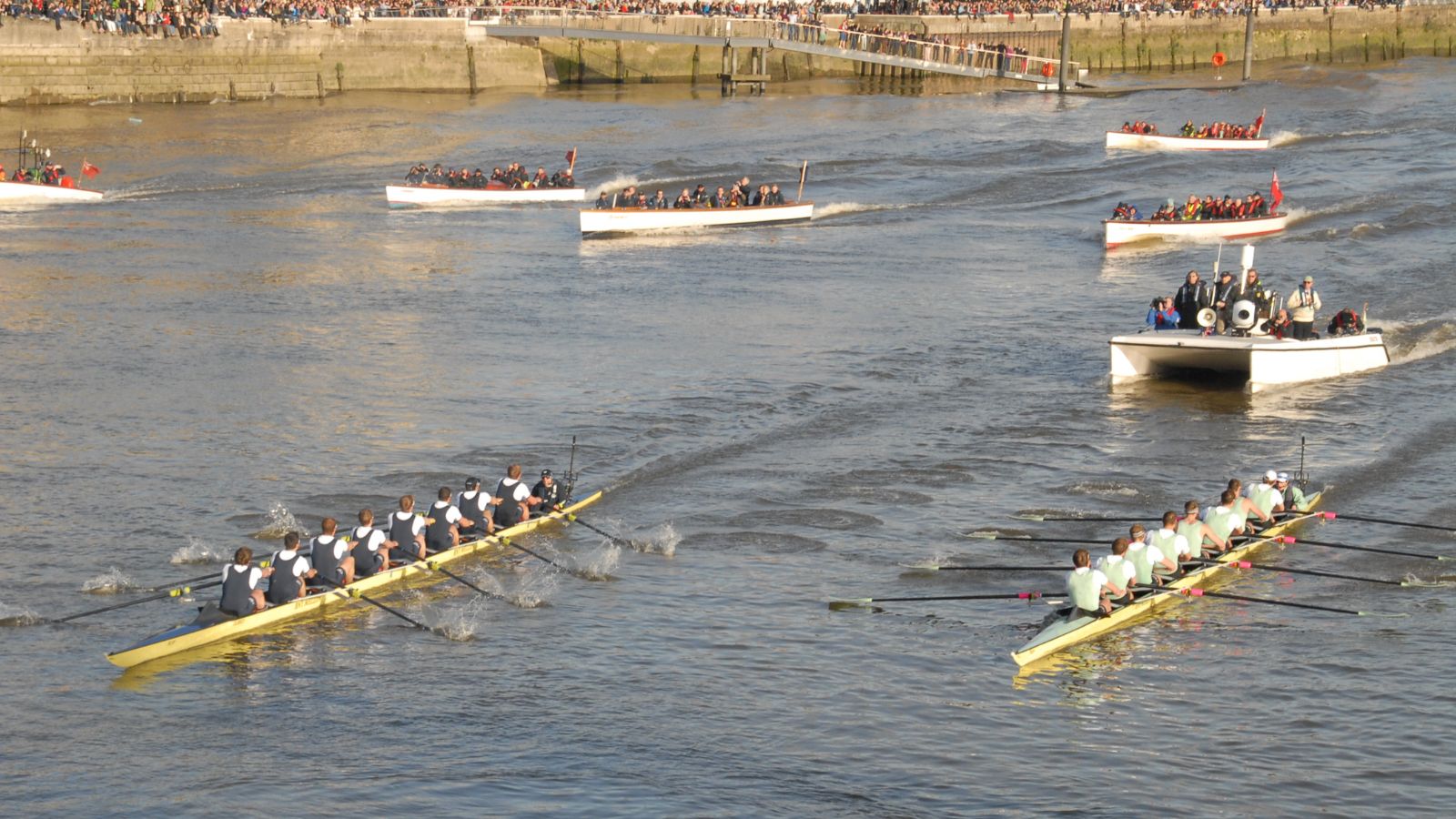
The annual Boat Race between Oxford and Cambridge Universities is a major sporting event in the UK. While the competition is fierce, the fact that it garners so much attention and national pride for what is essentially a rowing race between two universities can be bewildering. The intense rivalry and tradition behind it, however, keep it a significant part of British culture.
Driving on the Left
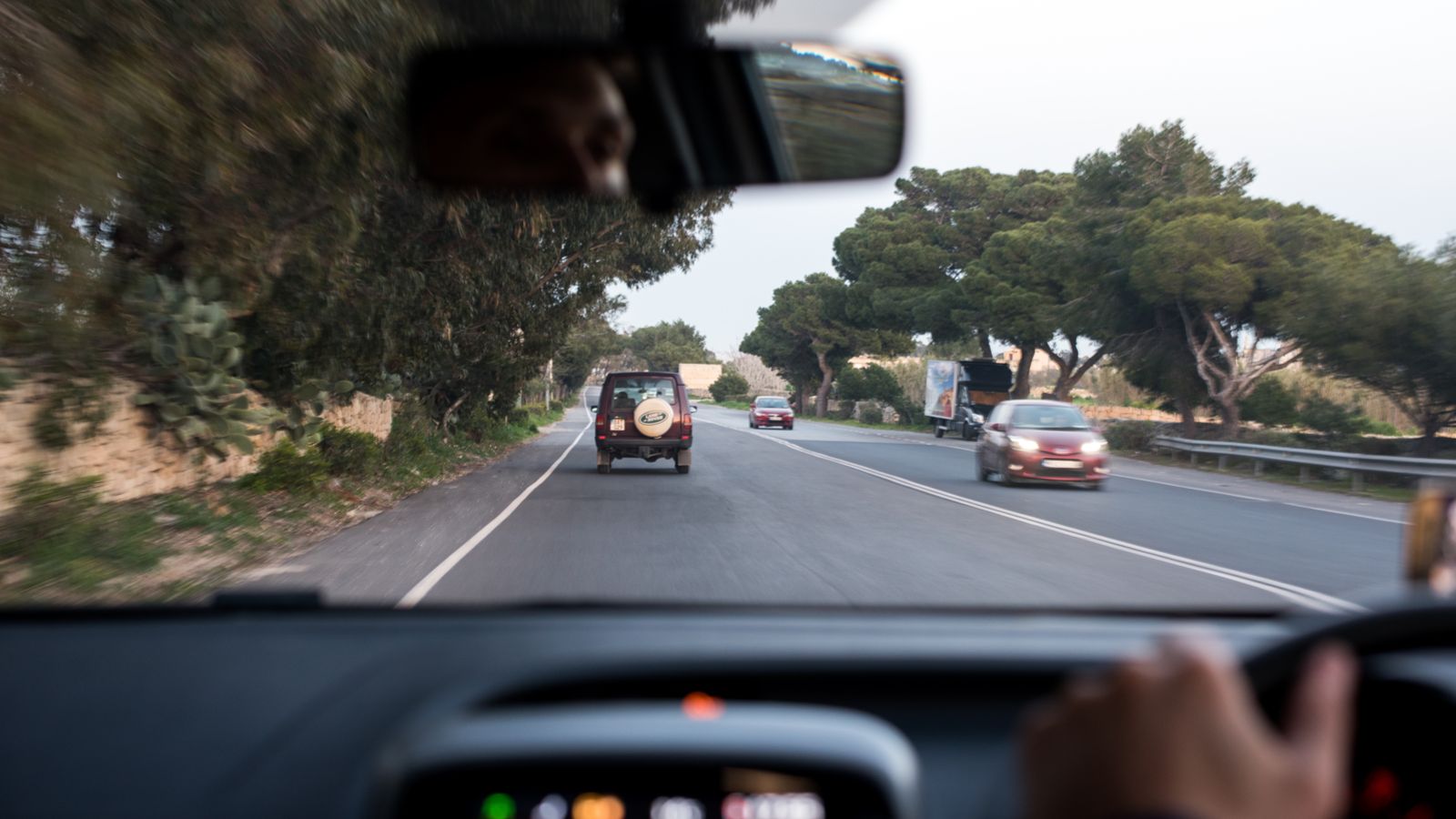
The UK is one of the few countries in the world where people drive on the left side of the road, and this can be a challenging adjustment for visitors. It raises questions about why the British haven’t switched to the more common right-hand driving system. Despite the logistical challenges it presents, the tradition persists.
Parliament’s Mace
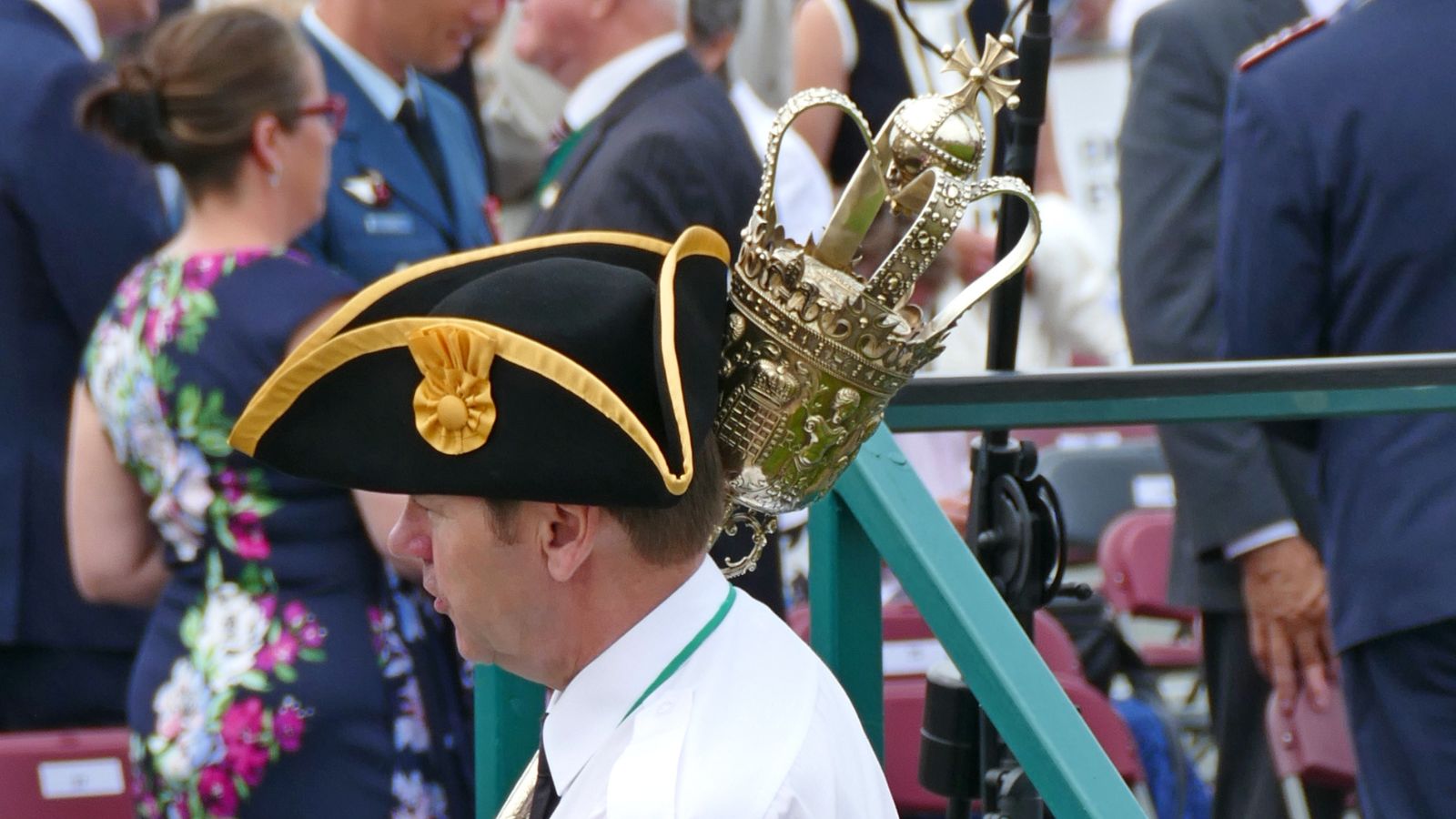
And finally: in the House of Commons, the ceremonial mace is an important symbol of the monarch’s authority—The House cannot legally meet or pass laws without it present. The idea that a piece of medieval weaponry holds such importance in modern governance is puzzling.

